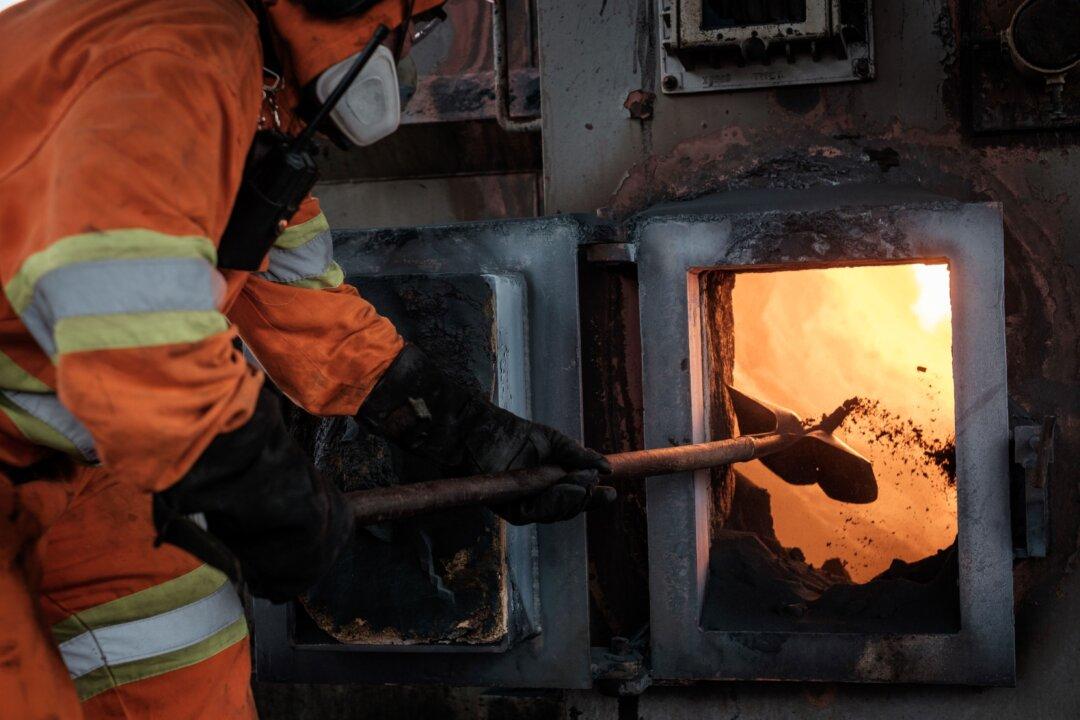U.S. Department of Energy (DOE) officials may soon have to explain the government’s “illicit transfer of a $15 million, taxpayer-funded advanced battery technology” developed by a U.S. laboratory to a Chinese firm.
Teri Donaldson, the DOE’s inspector general, confirmed to Sens. John Barrasso (R-Wyo.) and Joni Ernst (R-Iowa) in an Oct. 5 letter that “the apparent transfer of vanadium redox battery technology to China” authorized by DOE officials is being investigated.





